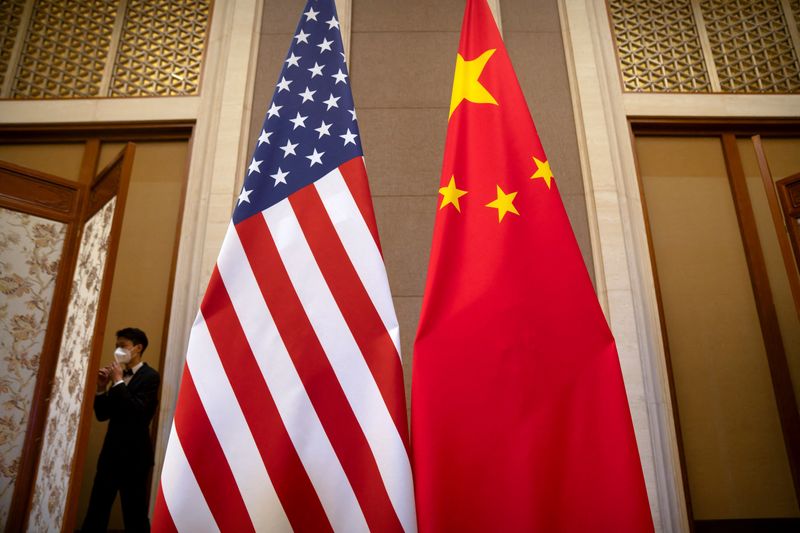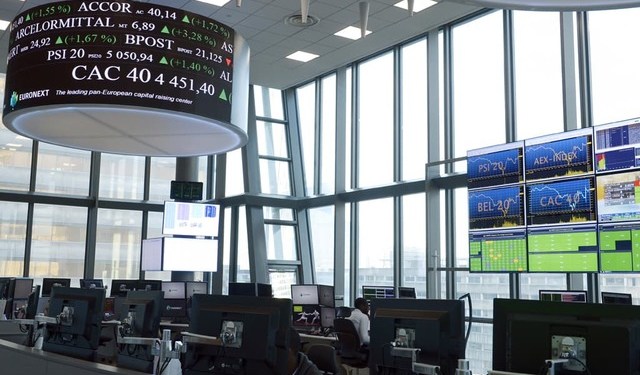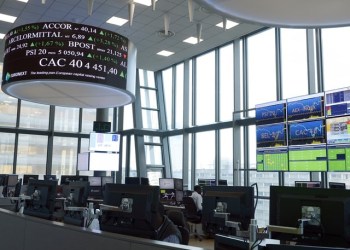
© Reuters. FILE PHOTO: A staff member wearing a face mask walks past United States and Chinese flags set up before a meeting between Treasury Secretary Janet Yellen and Chinese Vice Premier He Lifeng at the Diaoyutai State Guesthouse in Beijing, China, Saturday, Jul
XNO/USD
+0.31%
Add to/Remove from Watchlist
Add to Watchlist
Add Position
Position added successfully to:
Please name your holdings portfolio
Type:
BUY
SELL
Date:
Amount:
Price
Point Value:
Leverage:
1:1
1:10
1:25
1:50
1:100
1:200
1:400
1:500
1:1000
Commission:
Create New Watchlist
Create
Create a new holdings portfolio
Add
Create
+ Add another position
Close
WASHINGTON (Reuters) -The U.S. Commerce Department on Friday added 42 Chinese companies to a government export control list over their support for Moscow’s military and defense industrial base – support that includes the supply of U.S.-origin integrated circuits.
Another seven entities from Finland, Germany, India, Turkey, United Arab Emirates and the United Kingdom were also added to the trade export control list.
The circuits include microelectronics that Russia uses for precision guidance systems in missiles and drones launched against civilian targets in Ukraine, the Commerce Department said in a statement.
“Today’s additions to the Entity List provide a clear message: if you supply the Russian defense sector with U.S.-origin technology, we will find out, and we will take action,” Assistant Secretary for Export Enforcement Matthew Axelrod said in the statement.
China called the U.S. action “economic coercion and unilateral bullying”.
“The United States should immediately correct its wrong practices and stop its unreasonable suppression of Chinese companies,” China’s Ministry of Commerce said in a statement.
It has been 20 months since Russian invaded Ukraine. A Russian missile strike in a village in northeastern Ukraine on Thursday killed at least 52 people in one of the most deadly attacks yet.
Companies are added the U.S. Entity List when Washington deems them a threat to U.S. national security or foreign policy. Suppliers must then be granted generally hard-to-get licenses before shipping goods to entities on the list.
Source: Investing.com


























